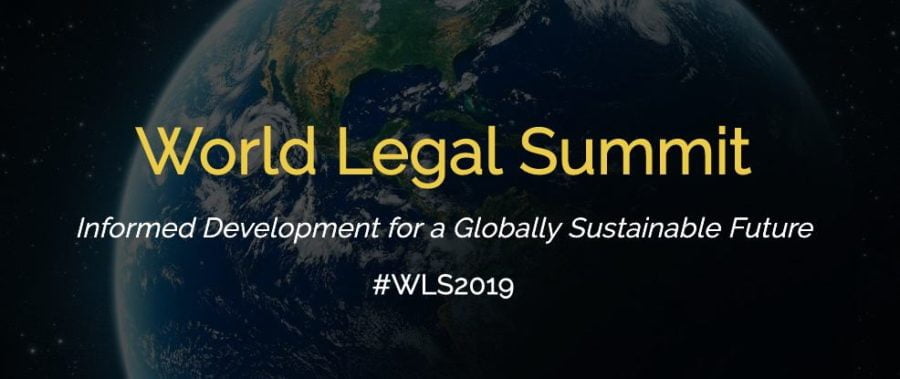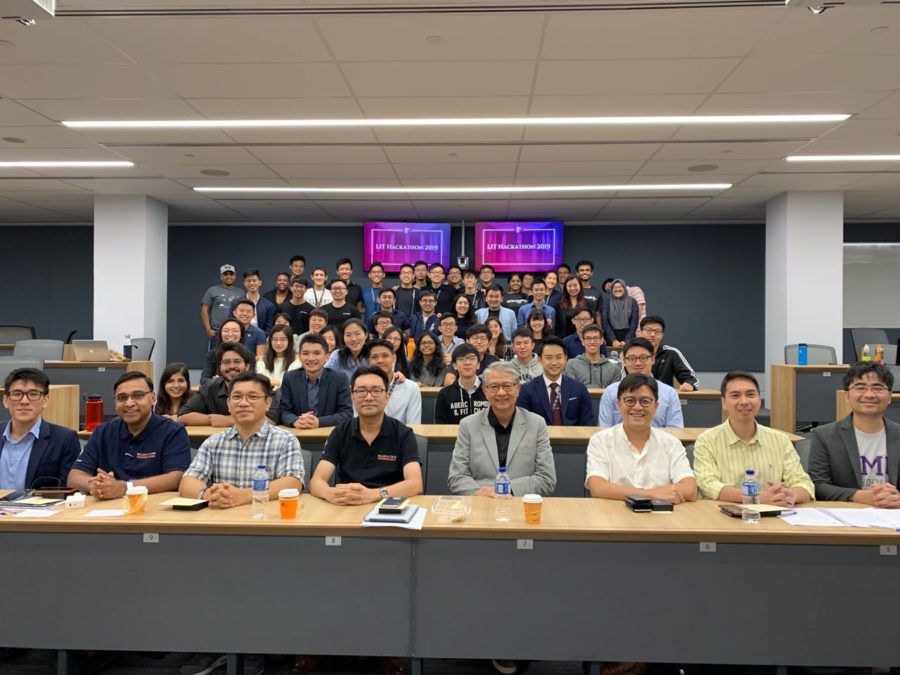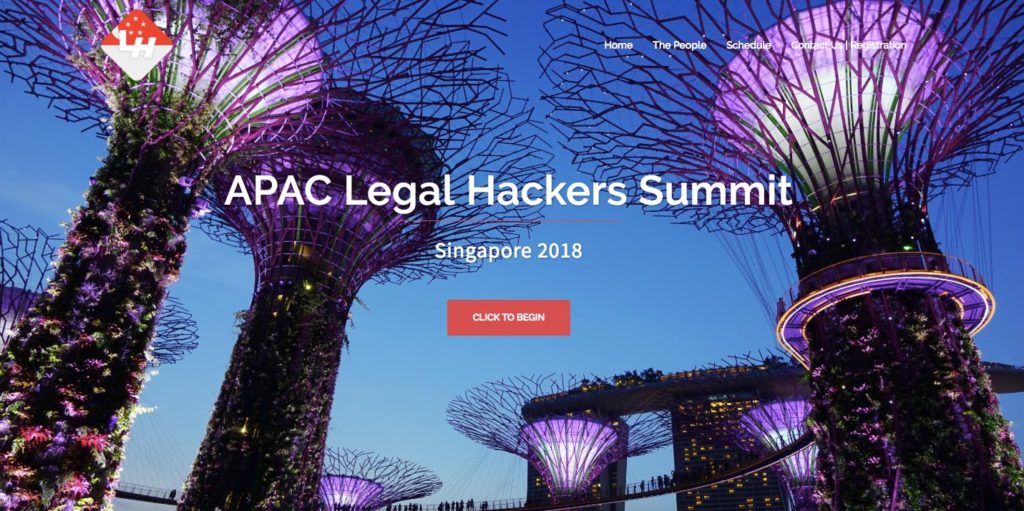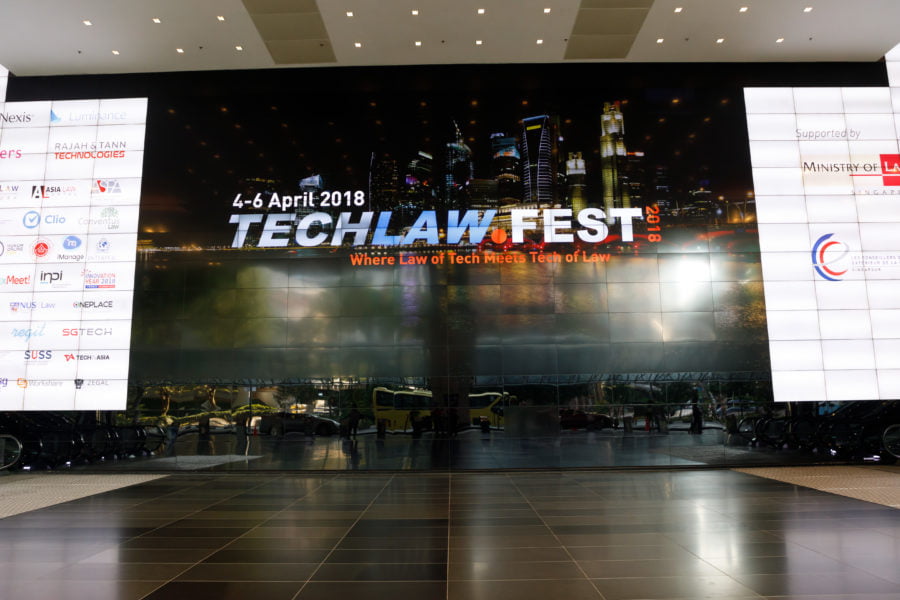Written by Josh Lee and Aileen Schultz (Founder, World Legal Summit)
The World Legal Summit (WLS) is a 30+ city, 20+ country initiative designed to bridge the gap between legislative understanding and emerging technologies. Part One will occur in physical locations simultaneously across a 24 hour window on August 1, while Part Two will occur between September 6 to 8. The WLS will also provide global networking and remote participation opportunities in a virtual world.
Introduction
Technology and global systems are evolving at unprecedented rates, with humanity now poised at the tip of the exponential curve of technological evolution. There is, however, a lack of incentives to create required legislative and regulatory frameworks for the proper governance and responsible use of such technologies. Further, legal advances in technology governance – typically developed in silos – are not keeping pace with the development of technology. In turn, this creates a governance and trust deficit between emerging technologies, their associated global systems, and the necessary frameworks for a globally sustainable future.
While the legal industry has seen global initiatives to drive technology in legal practice (such as through global events such as the Global Legal Hackathon), the World Legal Summit (“WLS”) tackles the converse challenge of legal and regulatory issues relating to new technology. It is primarily focused on emerging technologies that are global in nature and that are facing complex regulatory challenges. In its inaugural year, the WLS will be focusing on the following three technology categories:
- Identity and Personal Governance;
- Autonomous Machines; and
- Cyber Security and Personal Data.







